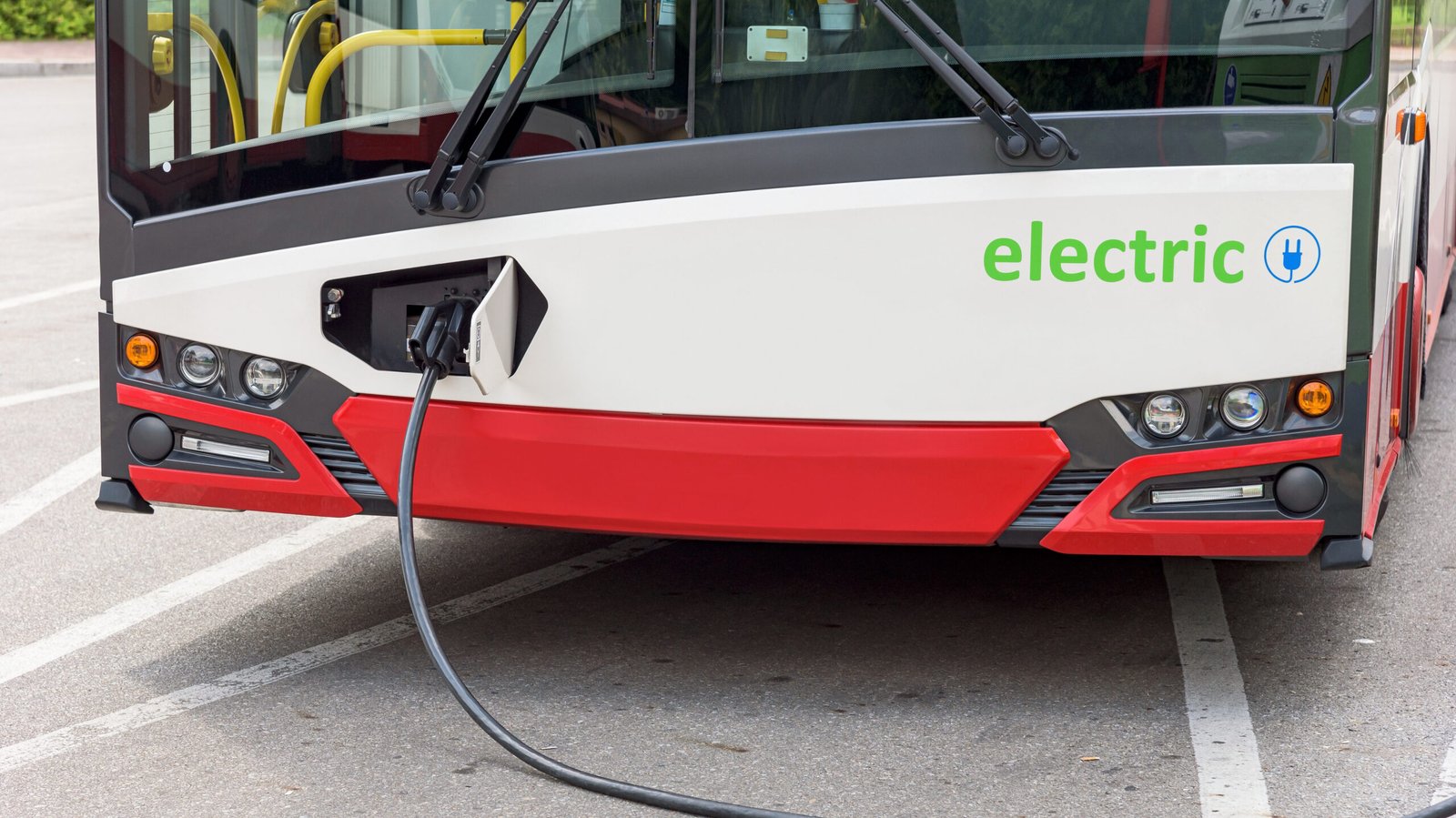AI and Technology Revolutionizing Travel
In our digital era, technological advancements are reshaping the tourism sector, bolstered by substantial European funds. This focus on interoperability, data sharing, and innovation is revolutionizing travel experiences. Digitalization has empowered companies to offer highly personalized services by leveraging data and AI.
Artificial Intelligence (AI) is crucial for enhancing customer engagement in tourism. Through semantic analysis and sentiment tracking, AI ensures customers receive timely, relevant information, simplifying their travel planning. The advent of Generative AI, despite its learning curves, promises to revolutionize customer interactions.
Integrating AI and emerging technologies into the workforce enhances staff experiences and elevates customer journeys.
Data-Driven Decision Making
The Big Data era offers immense opportunities for the tourism sector. By analyzing quantitative and qualitative data, destinations can identify strengths, weaknesses, and opportunities, leading to informed decision-making and tailored public policies.
Effective data management boosts operational efficiency and fosters new business models. The real potential of data lies in its shared utilization across the tourism value chain, promoting collaboration and innovation.
Innovative solutions like Data Spaces provide a platform for trustworthy data sharing, crucial for building a secure and innovative ecosystem.
Holistic Sustainability in Tourism
Sustainable tourism encompasses more than environmental conservation; it promotes individual well-being and societal balance. It involves respectful engagement with local communities and cultures.
Supporting local artisans and organizations fosters sustainable tourism practices, enriching both visitor experiences and destination economies. For businesses, sustainability offers competitive advantages, including enhanced reputation, cost efficiency, and appeal to consumers and employees.
Encouraging responsible tourism, including regenerative tourism, benefits the environment and society, paving the way for a sustainable future.
Personalization and Evolving Traveler Preferences
Understanding evolving consumer habits is essential to meet the expectations of today’s travelers. Personalization is key, catering to autonomous and knowledgeable tourists seeking immersive experiences.
Leveraging technology to deliver tailored solutions enhances the visitor journey. Technological innovations unlock new avenues for personalization, enriching travel experiences.
Green Transportation Innovations

Decarbonizing aviation and rail sectors presents significant sustainability opportunities. Sustainable Aviation Fuels (SAF) can drastically reduce CO2 emissions, while advancements in railway technology, like Iryo’s sustainable train fleet, showcase eco-conscious innovation.
Educating the public about the environmental impact of various industries, including aviation, fosters understanding and support for sustainable initiatives.
Building Strong Public-Private Partnerships
Collaboration is crucial for meaningful change in tourism, exemplified by public-private partnerships. Working together, stakeholders can develop pragmatic solutions tailored to the sector’s evolving needs.
Grounded, collaborative approaches foster innovation and resilience within the tourism ecosystem.
Conclusion
The future of travel and tourism is shaped by technology, data-driven insights, sustainability initiatives, and collaborative partnerships. Embracing these trends enhances the visitor experience and creates a more inclusive, resilient, and sustainable tourism industry for generations to come.

